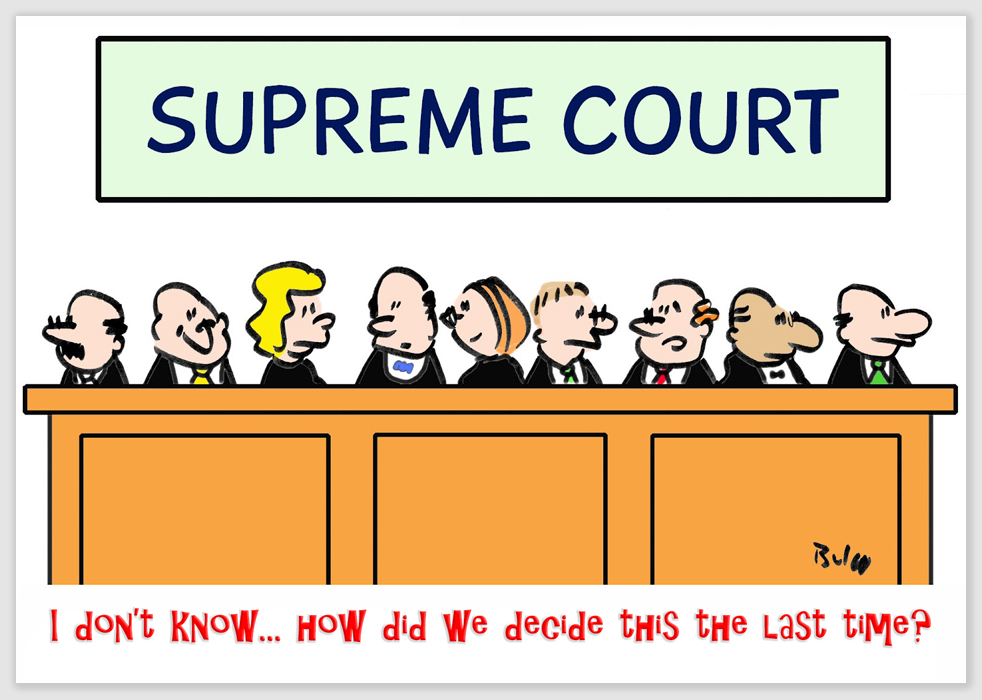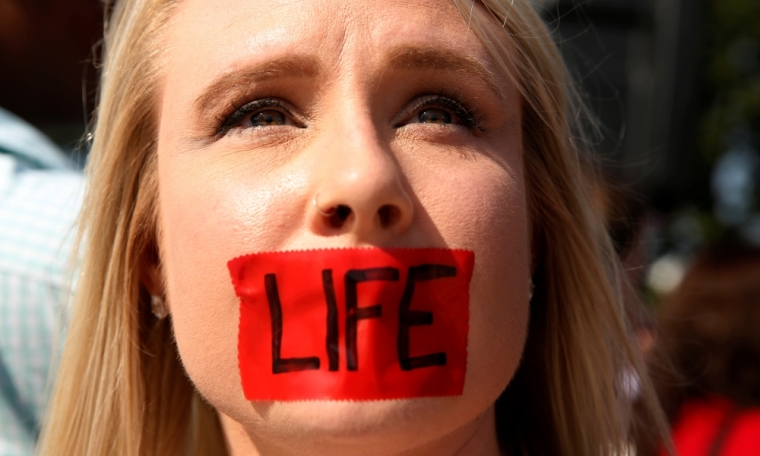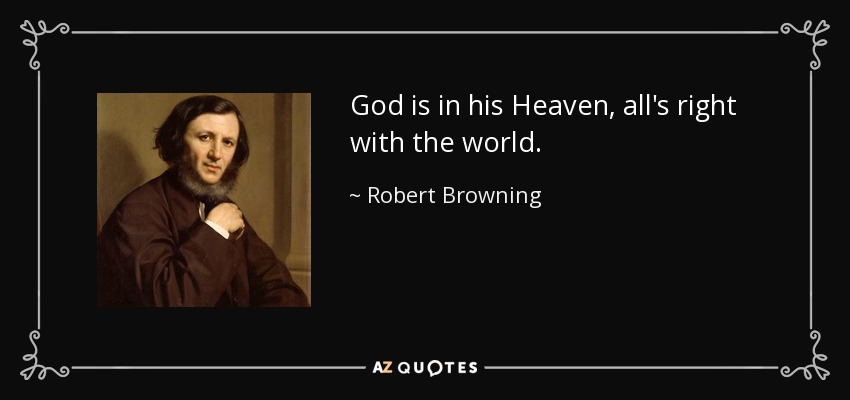Sermon for Pentecost 8, Proper 12A, preached on Sunday, July 26, 2020.
You don’t have to be a Christian or a fan of Jesus to appreciate the great wisdom of the parables. In fact, the world loves these homespun stories and treats them as if they were Aesop’s fables – entertaining stories with a moral or clincher at the end. I am not at all sure that Jesus ever intended for His parables to become such popular tales of life – without His intended reference to faith and life in the Kingdom of God. But that is the states of things. So we have hospitals named Good Samaritan as if it were merely a story of compassion without Christ being the Good Samaritan and His own self-offering being the center of this story of redemption. So it is with these three short parables recorded by St. Matthew.
Our great temptation is to read them as Law or command. God is telling us what we can and what we should do to become like the heroic characters in the parables. That is how the world reads them. They are instructional – they tell YOU what YOU should do. The world fails to see Christ in them. But that, of course, can only be seen from the vantage point of faith. Without faith, the parables remain like a “to do” list of what we must go and likewise do to earn God’s favor or show our greatness.
These parables are not Law or command. They are Gospel. They are Gospel not because I say so but because Christ is in them – Christ and all that God has, in His mercy, done to save us sinners. But for you to see this, you need to admit and confess that you are a sinner, you are the broken victim in need of help, the needy who cannot provide for yourself, and the lost who must be found. In other words, to see Jesus in these stories and to recognize what He is saying, faith is the lens to see Him.
Jesus is certainly not telling you that heaven is so precious that you must give up all things to own it, that you must purchase it with all that you have to possess it, and that you must or can do something, anything, in order to have it. It’s just the opposite. The treasure is you. The treasure is in you. Because you are in Christ, Christ is in you. The treasure is not out there somewhere for you to find, dig up, purchase, and then hide away inside you. The treasure is in you. By baptism and faith, Christ lives in YOU.
The Kingdom of Heaven is not in the future but now for which you must wait but it lives in you now and you live in it by baptism and faith. The saints are not those who cracked the secret code to possess the hidden treasure but those who surrendered their wisdom for faith and gave up their works for the saving work of Christ on the cross. They did not earn God’s favor but believed God’s favor rested on them in Christ. Now we join them as a people who rejoice that God has called us His own treasure.
If you ever watch the Antique’s Roadshow you know the surprise of two things. On the one hand are those who are sure they have a great treasure only to be told that their treasure is fake and worthless. On the other are those who keep their valuable treasure in the garage only to find out that what they thought was worthless was almost priceless. That is how it is for God’s people. We do not find a treasure at a bargain price and then sell all we have to own only it and then go home smug and proud that we got a steal of a deal. The kicker is this. We are the treasure for whom God has given His all, stolen us away from Satan, and to keep as His own both now and forevermore.
God went out digging in a field and came up with the bones of Adam and of all Adam’s children. What should have been abhorrent to God, God saw as the treasure worth His everything. Hidden in the field of a world Satan called his own, God bought the field at the cost of Jesus’ life of obedience and death upon the cross. God went out looking for a pearl and found one, esteemed it to be of greatest value, and then paid for it with the precious blood of His only Son. God went fishing and cast His net into the sea and sorted out the evil ones to keep only those He chose to be good. These parables are not about you or what you could or should do in order to own or keep the Kingdom of Heaven. They are about what God has done to value you greater than your worth, purchase you from Satan, sin, and death, and keep you as His own, even through death, to everlasting life.
Think about this. What do you find hidden in the dirt? You find that which has been discarded, that which lays rotting away, and that which has been forgotten through time. You are that trash, decaying, and forgotten whom the Lord has chosen. He has placed value on you that you do not merit or deserve. He purchased and won you with the suffering and death of His only begotten Son. And He will cover you with a righteousness not your own, sustain you from all that is passing away in this mortal life, and deliver you into His eternal presence. This is the Gospel hidden in the stories people read as if they were simply kernels of wisdom to tell you what to do.
So then, what shall you do having heard this great good news of God’s love? Jesus tells us. You are a scribe, a student of the Word who hears and believes it. You are the sinner who looks into the mirror of God’s grace and sees a saint. You are the dead who live forever. You are the unworthy and undeserving whom God has purchased and won not with silver or gold but with the holy and precious blood of His Son. You have been pulled from the field of death and planted in the kingdom of life. You swim together with evil fish but when the catch is completed and judgement is done, you will not be tossed aside and burned as worthless. No, indeed, you will be delivered into the joy of Your Master and into His presence forevermore.
The world comes proudly into God’s presence and shows Jesus what they have done and how they got what He was saying and why they should be His favorites. The faithful come covered by the stink of their sin, with the humility of repentance, pleading only the merits of Christ, and with all the excuses of why they deserve nothing from God. And the miracle is this. We who know we are nothing are declared by God to be treasure of great value. We are the people whom He has washed clean in baptism, whose ears ring with the sound of our Shepherd’s voice, and whose lips have tasted Christ’s flesh and blood as food and drink. We are those whose self-esteem comes not from within but from the cross and whose hearts rejoice because the God who should have passed us by rescued us, nurtured our wounds, and gave us new life.
Today the Kingdom of Heaven remains hidden. For Christians, it is hidden in suffering and defeat as we struggle to live faithful in an unfaithful world. To the world the Kingdom is hidden where they refuse to go – on bended knee of confession, in water that washes clean inside and out, and under a cross where love triumphs in the appearance of defeat. So do not lose heart. Do not grow weary in well doing. Do not lose you way. Do not become hardened by the injustice of the world and reject the mystery of the Kingdom. God’s Kingdom is not far off. It is near. As near as Christ in His Word and Sacraments. As near as your own mind and heart where Christ lives by baptism and faith. The parables tell a story of radical grace and that grace is visited not upon the wise or the worthy but upon sinners like you.
Rejoice and be glad. For the day is coming when parables will no longer preach the future. They will give way to the reality which all will finally see and when judgment cannot be denied. The people of God who seemed powerless will triumph eternally because of Christ’s death and resurrection. Until that day, do not forget what God has done to find you, to make you His own, to live in you that you may live in Him, and to keep you to the day of judgement and the verdict of everlasting life and light. And it is all God’s doing. Amen.
















